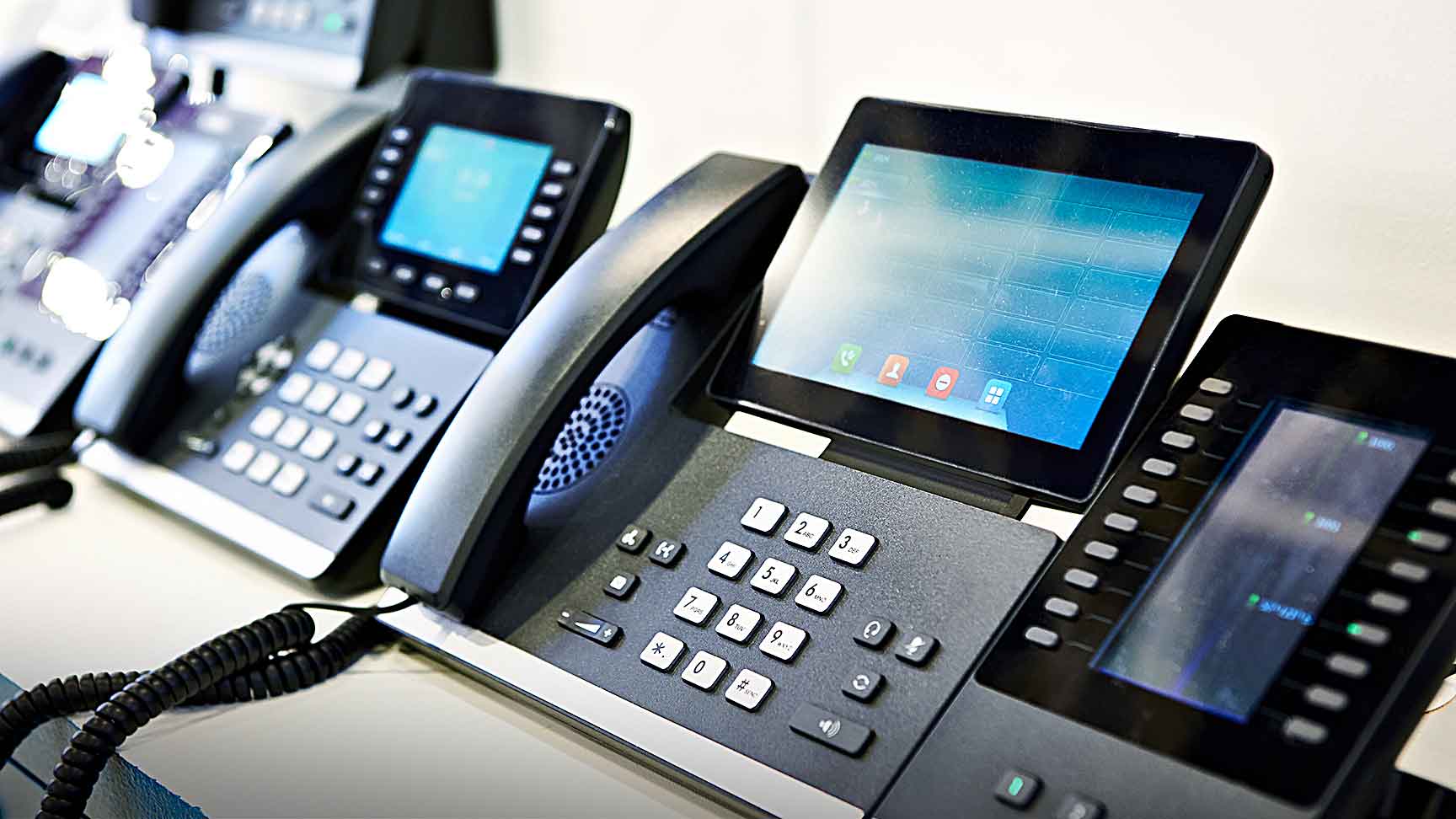Additional Factors to Consider When Choosing The Right Phone System Vendor
Selecting the right phone system vendor is crucial in ensuring the success and smooth operation of your business communication. Here are some key considerations to keep in mind when evaluating potential vendors:
1. Reputation and Experience: Research the vendor's reputation in the industry. Look for customer reviews, testimonials, and case studies to gauge their track record. A vendor with a proven history of providing reliable phone systems and excellent service will likely meet your expectations.
2. Customer Support: Efficient and responsive customer support is essential when troubleshooting issues or addressing concerns. Ensure the vendor offers timely technical assistance and has a dedicated support team to assist you whenever needed.
3. Installation and Training: Consider the level of assistance the vendor provides during the installation. Do they offer professional installation services or provide comprehensive guidelines for self-installation? Additionally, inquire about training resources and materials they offer to help your team get familiar with the new phone system.
4. Scalability and Flexibility: Evaluate whether the vendor can accommodate your business's future growth and changing needs. A reliable vendor should offer scalable solutions that can quickly adapt to your evolving requirements, whether adding new lines, expanding to recent locations, or integrating advanced features.
5. Integration Capabilities: Assess whether the phone system vendor's solutions can seamlessly integrate with your existing business tools and software. Integration with customer relationship management (CRM) systems, productivity software, or other communication platforms can enhance workflow efficiency and collaboration.
6. Security and Reliability: Communication systems must prioritize security and provide reliable service. Inquire about the vendor's measures to protect your data, such as encryption protocols, secure connections, and backup solutions. Additionally, ask about their uptime guarantees and any redundancy measures to minimize service disruptions.
7. Total Cost of Ownership: Beyond the initial investment, consider the long-term costs associated with the phone system. Evaluate factors such as maintenance fees, licensing costs, potential hardware upgrades, and any hidden charges that may arise. A transparent vendor should provide a clear breakdown of all costs involved.
8. Future Roadmap: Stay informed about the vendor's future plans and product roadmap. Are they continuously innovating and introducing new features? Understanding their commitment to staying ahead of technological advancements can help ensure that your chosen vendor will support your business's evolving needs.
By thoroughly evaluating phone system vendors based on these factors, you can make an informed decision that aligns with your business requirements, goals, and budget.
Remember, a reliable vendor will not only provide the right phone system but also contribute to the success and growth of your business.
Related Article: 5 Tips for Selecting a VoIP/UC-as-a-Service Vendor Partner.
The Art of Choosing the Right Phone System Vendor
The right phone system is only as good as its vendor. Critical criteria for selecting a vendor should include the price and quality of customer service, technical support, and installation services they provide.
A vendor with a responsive support team can make all the difference in ensuring your phone system operates smoothly.
Avoiding Common Pitfalls When Choosing a Phone System
When choosing a phone system, businesses often overlook important factors. This could be as simple as neglecting to assess their current and future needs or failing to consider the total cost of ownership beyond the upfront fees.
Understanding these common errors can help you make an informed choice and avoid unnecessary complications down the line.
Related Article: 5 Common Problems When Switching to a Digital Phone System.
The Bottom Line: Making the Right Choice for Your Business
Choosing the right phone system is crucial for any small to medium-sized business. Not only does it streamline operations, but it also sets the stage for growth and success.
By understanding the various phone systems, recognizing their role in business, and making informed decisions based on your unique needs and budget, you can secure the best phone system for your business.
A well-chosen phone system backed by a reliable vendor can genuinely become a valuable asset in your business journey. Navigating through the multitude of options can be overwhelming.
However, understanding your needs, budget, and potential growth can guide you in making the right choice. The "best" phone system isn't necessarily the most expensive but instead fits your business perfectly. To learn more about phone system vendors, make sure to reach out to us. We’re here to give you peace of mind to help you win more business.




